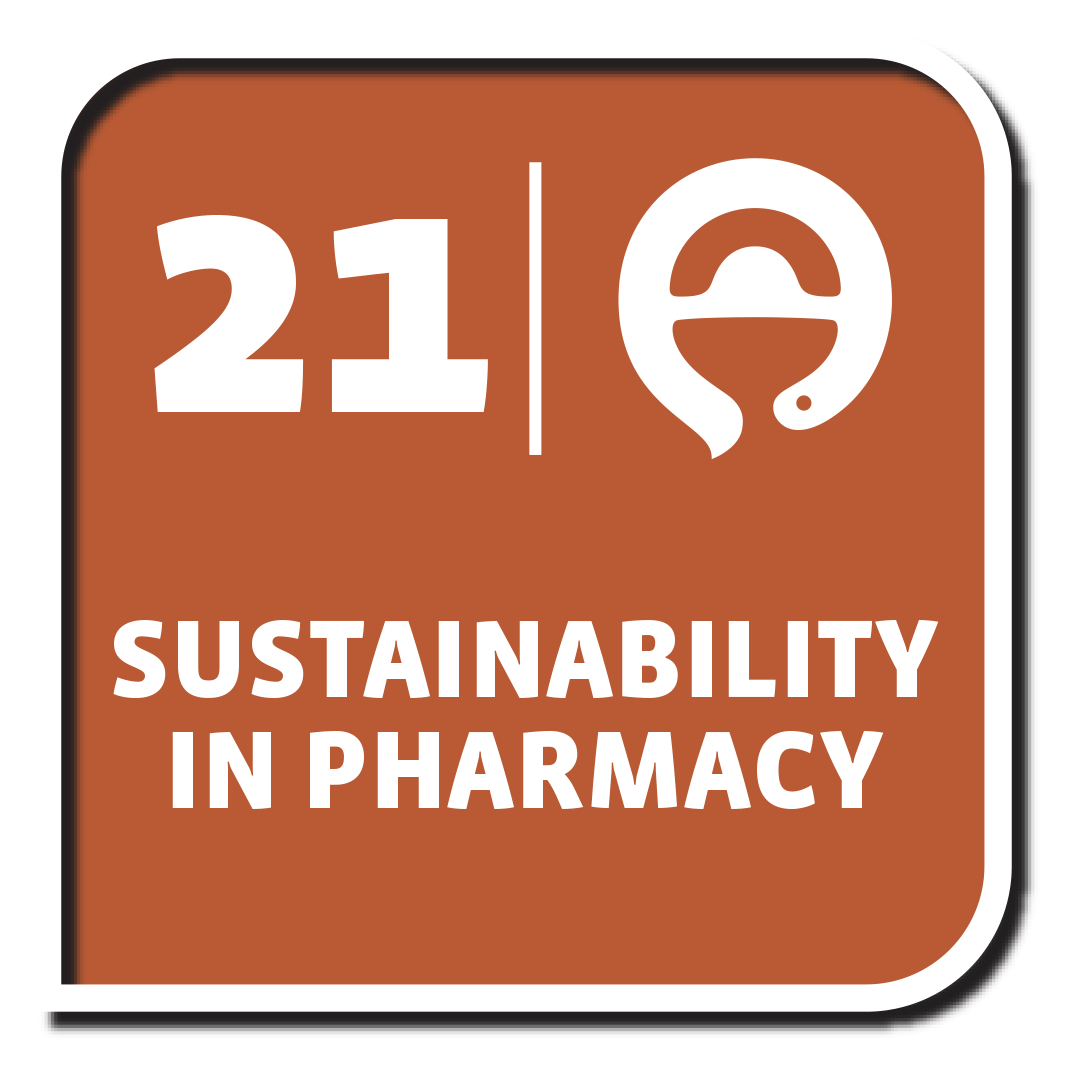PSTU-04 - From lab bench to pharmacy shelf: Pharmacists bridging drug development and patient outcomes
Tracks
Auditorium 10
| Tuesday, September 2, 2025 |
| 11:00 - 12:30 |
| Auditorium 10 |
Details
Organised by the FIP Pharmacy Practice Research SIG in collaboration with the FIP Regulatory Sciences and Quality SIG & the FIP New Medicines SIG
Chair(s)
Ass.Prof. Victoria Garcia-Cardenas, Chair FIP SIG Pharmacy Practice Research, Spain & Dr Charlotte Rossing,Vice-chair FIP SIG Pharmacy Practice Research, Denmark
Introduction:
This rapid-fire panel discussion will provide an overview of the key role of pharmacists during the whole drug cycle, from drug development to pharmacist care. Their critical role across the continuum of medicines development and management — from research to patient care — will be discussed. A special emphasis will be placed on how pharmaceutical sciences and innovative evidence-based practices can assist in addressing global health challenges.
The main strength of this session is the involvement of four FIP BPS SIGs.
Programme:
Learning objectives:
1. To gain a holistic understanding of the role of pharmacists during the drug life cycle.
2. To understand the regulatory pathways and requirements for the authorisation and market of new drugs.
3. To understand how pharmacists can effectively contribute to the implementation and optimisation of precision medicines.
4. To apply strategies to communicate complex scientific evidence to an unspecialised audience (i.e., patients).
Take home messages:
Pharmacists have an integral role to translate pre-clinical and clinical research into effective therapies that are used in real world settings.
Pharmacist involvement in patient-centred drug design is critical to enhance medication adherence and patient outcomes.
Pharmacists are crucial in monitoring post-approval drug safety and effectiveness. Real world evidence facilitates health decision-making and can improve patient care.
Optimal evidence-based education from pharmacists facilitates safer and more effective medicines use.
FIP Development Goals


 To learn more about these FIP Development Goals, click on the links below.
FIP Development Goal 1: Academic Capacity
FIP Development Goal 4: Advanced and Specialist Development
FIP Development Goal 21: Sustainability in Pharmacy
To learn more about these FIP Development Goals, click on the links below.
FIP Development Goal 1: Academic Capacity
FIP Development Goal 4: Advanced and Specialist Development
FIP Development Goal 21: Sustainability in Pharmacy
| 11:00 – 11:05 | Introduction by the chairs | |
| 11:05 – 11:25 | Precision medicine: Pharmacists' key role in personalising drug therapy | |
| Prof. Pamala Jacobson, University of Minnesota, USA | ||
| 11:25 – 11:55 | Pharmacists as evidence-based health educators: How to communicate science to patients to achieve better outcomes | |
| Prof. Susanne Kaae, University of Copenhagen, Denmark | ||
| Dr Charlotte Rossing, Vice-chair FIP SIG Pharmacy Practice Research, Denmark | ||
| 11:55 – 12:25 | Panel discussion and Q&A with attendees | |
| 12:25 – 12:30 | Wrap-up by chairs |
Speakers
Prof. Pamala Jacobson
University of Minnesota
Precision medicine: pharmacists' key role in personalising drug therapy
Prof. Susanne Kaae
University of Copenhagen
Pharmacists as evidence-based health educators: How to communicate science to patients to achieve better outcomes
